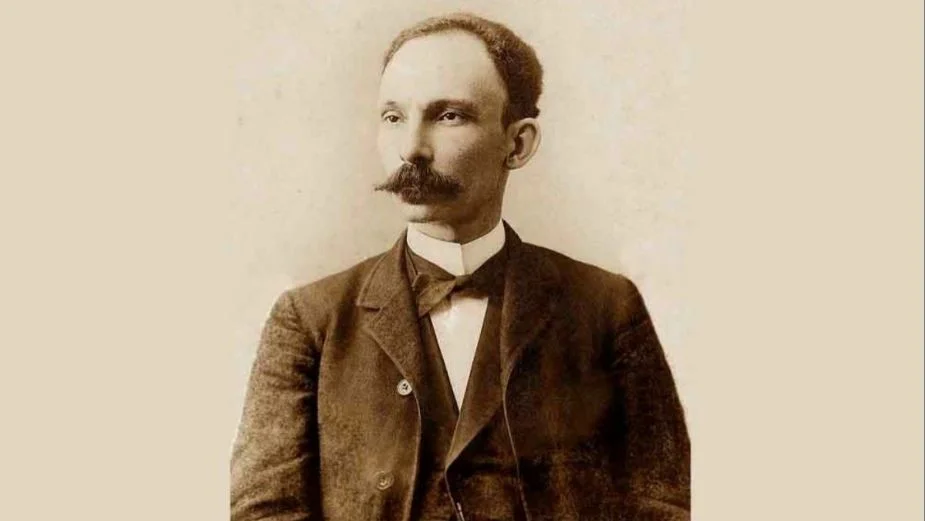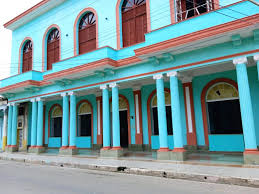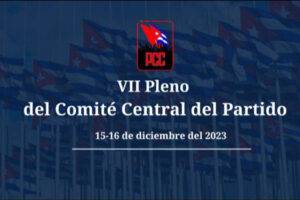Interesting proposals with novel approaches at the International Colloquium on Modernism in José Martí
Interesting proposals with novel approaches were recently presented at the International Colloquium on Modernism in José Martí, held at the Centro de Estudios Martianos in the capital. The conference was part of the activities carried out for the 129th anniversary of the fall in combat of the National Hero in Dos Ríos.
During the meeting, national and foreign researchers, as well as students, tackled Martí’s contribution to the literary movement from different angles.
In some sectors of literary criticism, Nicaraguan poet and writer Rubén Darío is considered to be the greatest representative of modernism in the Spanish language, starting with the publication of his book of short stories and poems Azul (1888). However, the researchers who took part in the colloquium argued that Martí was the founder of Spanish-American modernism, with the publication of his collection of poems Ismaelillo (1882).
In the keynote lecture given by Dr. Marlene Vázquez Pérez, director of the Centre, it was made clear that Martí was an articulator of the intellectual networks of his time and place in the modernist network. Through his work as a journalist in various publications and epistolary exchanges, he stood out among his contemporaries for his literary talent and political leadership.
Some of his works of modernist construction were analysed, such as the essay Nuestra América, the Diario de Cabo Haitiano a Dos Ríos, and the Escenas norteamericanas, among others. In each of them there are anti-colonial, anti-imperialist, socially conscious and committed approaches, advocating the political and cultural independence of Cuba and the Americas.
José Martí was an extraordinary being, who had, like few others, a profound coherence between thought and action. Possessing a brilliant mind, he was curious about everything and no subject was alien to him. In only 42 years of his life he developed a fruitful career as a journalist and writer. He was a political leader, who fought to the end for the independence of his beloved homeland and that of all America; a visionary who transcended time and his reflections are more relevant today than ever.
Although there are many books on his life and work, the existing information is barely a drop in the bucket of what this immense man represents for history and literature. Rediscovering him is always an intellectual challenge. This is what this Colloquium made possible, which left the doors open for further research, and generated new questions that can be starting points for future research.
«All schools of thought were too small for Martí. He far transcended modernism and, within his modernist texts, there are germs of what would become the avant-garde at the beginning of the 20th century,» added the Director of the Centro de Estudios Martianos.




